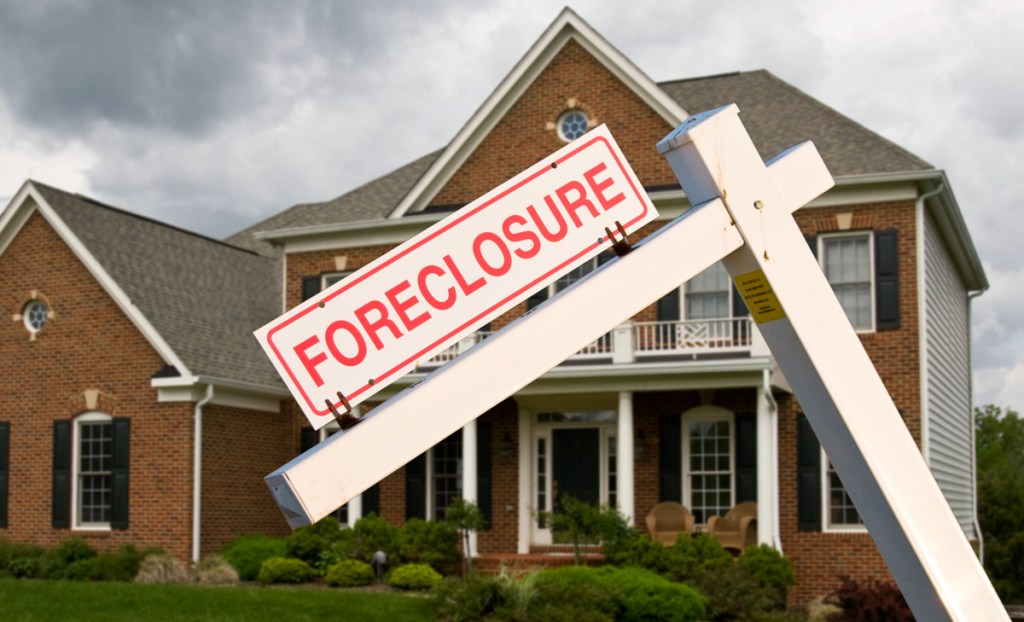The danger of mortgage forbearances turning into foreclosures is rising as COVID-19 infections surge in the U.S., according to the Federal Reserve Bank of Atlanta.
COVID-19 cases in Texas, Arizona, Florida and other sunbelt states have set record highs in the past week and some intensive care units have exceeded capacity. The nation had a record 54,500 new virus infections on Thursday, before the long holiday weekend, according to data from Johns Hopkins University. That’s approaching, in just one day, the 84,888 total cases China had during the entire course of its outbreak.
Adding to the foreclosure danger is the July 30 end date for the $600-a-week federal enhancement to state unemployment benefits aimed at fully replacing salaries of people who lost jobs amid the pandemic, the Fed report said. While the House of Representatives passed a bill to extend the beefed-up payments through January, the Senate left town for a two-week vacation without voting on additional virus relief.
“The threat that forbearance will transition to foreclosure has regained power because the number of COVID-19 infections is increasing and the CARES Act unemployment insurance benefits will expire at the end of July,” the Atlanta Fed economists said in the Thursday report.
The beefed-up unemployment benefits have kept forbearance rates lower than some of the most pessimistic forecasts of 20% to 30%, the paper said.
Instead, the forbearance rate was 8.6% of all active mortgages in June’s final week, Black Knight said in a Thursday report.
Economists are worried about a new round of layoffs if the COVID-19 resurgence forces states to reverse their reopenings. Federal Reserve Chairman Jerome Powell has warned that additional relief measures are needed from Congress to avoid “long-term damage” to the economy.
The CARES Act passed by Congress at the end of March allows mortgage borrowers who are impacted by the COVID-19 pandemic to get up to 12 months of forbearance, meaning their mortgage payments are suspended.
After that, if the economy is still struggling, foreclosures could rise, the Fed report said. In the wake of the financial crisis, about 10 million American families have already lost their homes.






